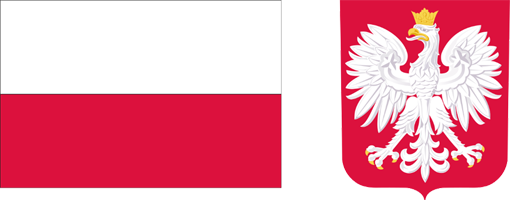Experimental investigation on influence of hybrid fibers in flexural behavior of reinforced concrete beams
1
Department of Civil Engineering, Dayananda Sagar College of Engineering, Bangalore, Karnataka, India
2
Department of Civil Engineering, Bangalore Institute of Technology, Bangalore, Karnataka, India
3
BGI & Principal BRCE, Bangalore, Karnataka,
Publication date: 2022-06-13
Cement Wapno Beton 27(1) 59-70 (2022)
KEYWORDS
mono fi bershybrid fibersoptimum volume fractionmechanical propertiescode predictionsflexural parameters
ABSTRACT
Addition of fiber is a promising solution, to enhance the flexural behaviour of reinforced cement concrete [RCC] beams. It improves the peak load, ductility and energy absorption characteristics of RCC. Ineffective mono fibers in the concrete perform very effective, when combined through the hybridization and contribute towards the strength. Fiber hybridization offers appreciable improvement in fresh and hardened properties of concrete. To achieve optimum performance, synergetic effect of fibers is more important. Incorporation of two fibers in concrete matrix, bridges the cracks effectively. Hence to investigate the effect fiber hybridization in the flexural performance, RCC beams were cast, experimented and the results were compared with the control beams. In the present study, it is intended to evaluate and compare the impact of steel and basalt fibers in mono form and hybrid form, on the fl exural parameters such as first crack load, load response behaviour, ductility, crack width and flexural strength of RCC beams. To evaluate the mechanical properties of M40 grade fiber reinforced concrete, volume fractions chosen were 0.25%, 0.5% and 0.75%.Comparatively addition of basalt fibers with steel fibers, improves synergetic response to a considerable extent. From overall assessment of the mechanical properties, it was established that the combination of basalt and steel fibers at 0.25% and 0.75% respectively, produced optimum results. Optimum volume fraction of fibers identified is used in the casting of RCC beams. Wherever possible, flexural parameters were cross checked, with Indian Standards.
Share
RELATED ARTICLE
We process personal data collected when visiting the website. The function of obtaining information about users and their behavior is carried out by voluntarily entered information in forms and saving cookies in end devices. Data, including cookies, are used to provide services, improve the user experience and to analyze the traffic in accordance with the Privacy policy. Data are also collected and processed by Google Analytics tool (more).
You can change cookies settings in your browser. Restricted use of cookies in the browser configuration may affect some functionalities of the website.
You can change cookies settings in your browser. Restricted use of cookies in the browser configuration may affect some functionalities of the website.




